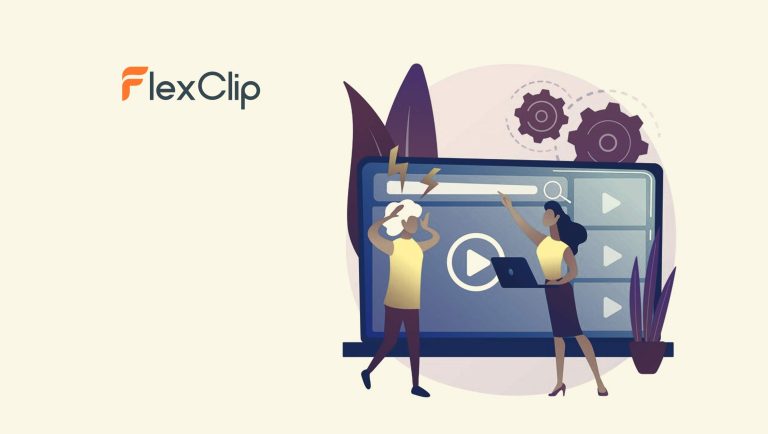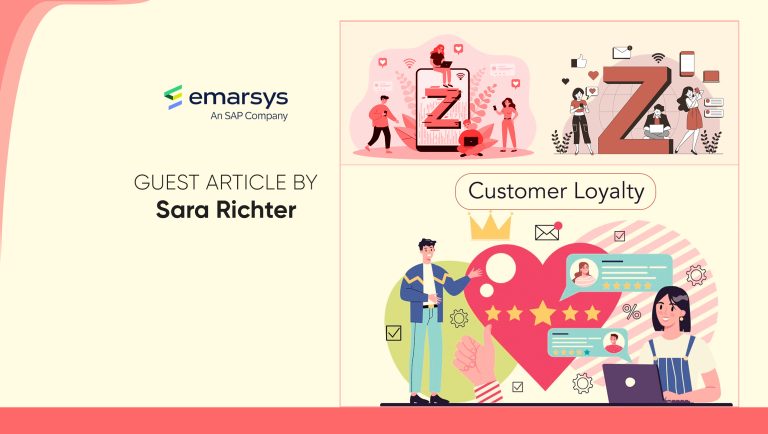-
Storyblok survey of 1,000 consumers reveals nearly one in four shoppers are actively put off purchasing a product if it is endorsed by an influencer
-
57% say an influencer endorsement does not encourage them to buy a product
-
Higher value, older customers are more likely to be put off a purchase due to an influencer with only 13% of those aged 35+ interested in endorsements
-
Research also reveals growing age divide between preferred marketing channels with consumers aged 18-24 now saying mobile is the most important
Thursday, 21 December 2023: Enterprise CMS Storyblok’s survey of 1,000 consumers has revealed that blanket influencer endorsements for products could actually harm sales in the run up to Christmas.
An analysis of the attitude consumers have towards products advertised or promoted by a celebrity influencer found that only 19% of shoppers would be ‘more likely’ to make a purchase due to an endorsement. Worryingly for brands 24% said they would be actively put off.
Unsurprisingly, the influence of influencers varies by age, with 30% of those aged below 35 saying they would be more likely to make a purchase. However, 19% of that group also said they would be actively put off due to an influencer. This compares to 22% for people aged 35-44, climbing to 30% for those aged over 45. 57% of all respondents said that influencer endorsements made no difference at all.
The variation between age groups matters as research by YouGov shows that spending on Christmas presents increases on average by age – with Brits between 25-34 expected to spend around $600AUD compared to around $900AUD for those aged 45-54.
Interestingly, although men and women were just as likely to be attracted to a product due to an influencer endorsement (20% and 21% respectively) – 28% of men said they would be put off, compared to 19% for women.
Thomas Peham, VP of Marketing at Storyblok, said: “An influencer endorsement is a double-edged sword. Although it might attract a younger audience to a brand, it can actively discourage other, higher value shoppers. This goes beyond mere ambivalence – it makes a significant number of consumers less likely to buy a product. It underlines why brands need to really understand the preferences of their audience and tailor their marketing accordingly.
Storyblok’s research also found a growing divide between the influence of different marketing channels. On average, websites remain the most valuable marketing tool – with 43% saying it is the most important channel, followed by mobile (34%) and social media (16%).
Marketing Technology News: Poppulo Names Ruth Fornell Chief Executive Officer
However, shoppers aged 18-24 said that mobile is more important (36%), followed by websites (35%) and social media (25%). In contrast, only 7% of consumers aged 45+ believe social media is the most important channel, with 31% saying mobile and 51% citing websites.
Thomas Peham continued: “Marketing to consumers is becoming increasingly complex with the weight different groups give to each channel in a state of flux. If marketers reach the wrong group with the wrong message they can actually do damage to their brand. Technology can help ease the burden by simplifying and speeding up communicating on different channels, but it is no substitute for brands really getting to grips with who their potential customers are and what they want.”
About the Survey
The Survey was conducted by Storyblok across 1,000 participants across the US, Europe and Australia in November 2023.
About Storyblok
Storyblok, the content management system (CMS) category leader, empowers both developers and marketing teams to create better content experiences across any digital channel.
Storyblok’s headless CMS architecture enables developers to build anything, publish everywhere, and integrate with any service or technology.
Marketing teams can create and scale content experiences independently using a visual editing interface, collaborative tools, and custom publishing workflows. Additionally, businesses can improve digital experiences everywhere with best-in-class performance, personalization, and optimized, omnichannel storytelling.
Leading brands such as Adidas, T-Mobile, Oatly, Deliveroo, and 170,000+ other
developers and marketers use Storyblok to create better content experiences that are faster, more secure, and built to scale.
See why Storyblok was named the #1 CMS by G2 at www.storyblok.com and follow Storyblok on LinkedIn and Twitter.
Marketing Technology News: MarTech Interview with Josh Grant, VP, Growth at Webflow






















